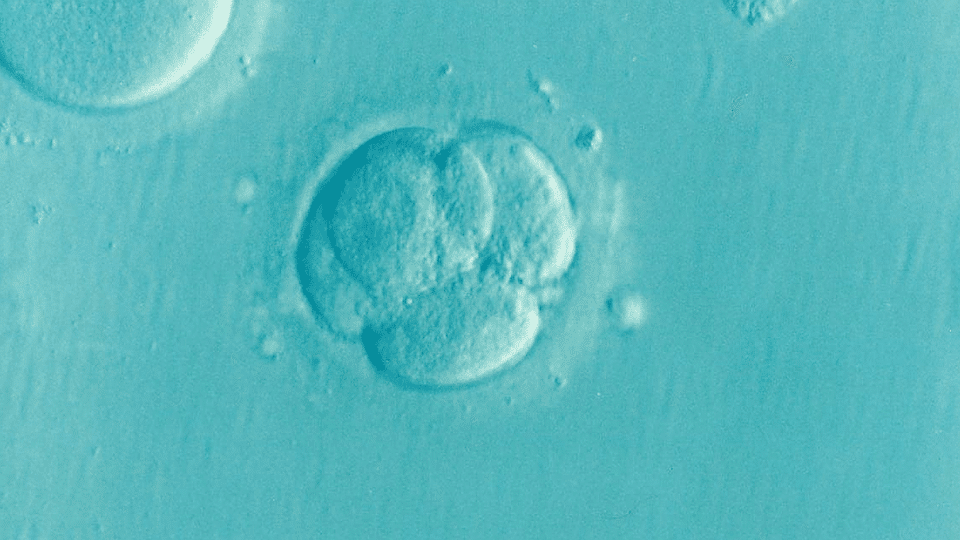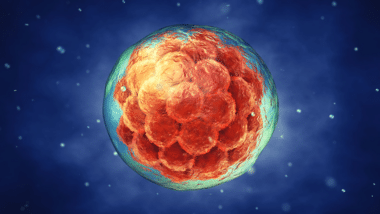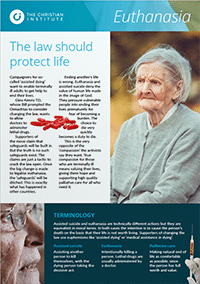Ethical concerns surround the announcement that scientists have grown ‘embryo-like entities’ in the laboratory.
A team led by Cambridge Professor Magdalena Żernicka-Goetz claims to have created ‘model’ human embryos without sperm or eggs.
The ‘models’ were made by scientists using a single embryonic stem cell, the ‘harvesting’ of which involved the destruction of a fertilised human egg.
‘No easy answers’
In response, Birmingham University geneticist Dr Ildem Akerman warned that “the ability to do something does not justify doing it”, and US philosophy professor Melissa Moschella said the team was “playing with fire” by “experimenting with the origins of human life”.
Addressing the question as to whether these ‘entities’ should be considered as ‘fully human’, Dr Calum MacKellar – Director of Research for the Scottish Council on Human Bioethics – said “they should be given the benefit of the doubt.”
Dr Mackellar urged the UK Government to “[accept] the 1997 Council of Europe Convention on Human Rights and Biomedicine which states in Article 18 that: ‘The creation of human embryos for research purposes is prohibited.’”
Human engineering
Professor Żernicka-Goetz, of the University of Cambridge and the California Institute of Technology, has said the research will be published soon in a scientific journal.
Last year, start-up company Renewal Bio declared its intention to create ‘mini human clones’, harnessing techniques already used to create mouse ’embryos’ in the laboratory.
The firm, co-founded by the controversial biologist Professor Jacob Hanna, claims it wants to “make humanity younger and healthier” by using ‘synthetic’ human embryos to make organs and proper tissue for transplantation.
Scientists create UK’s first three-parent babies




